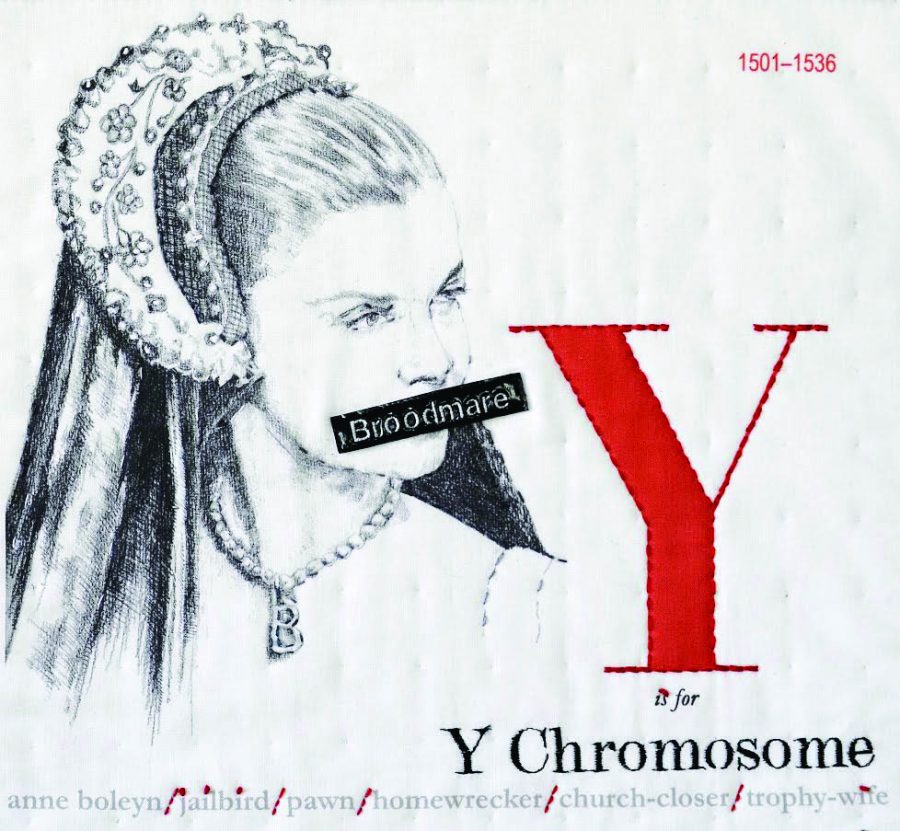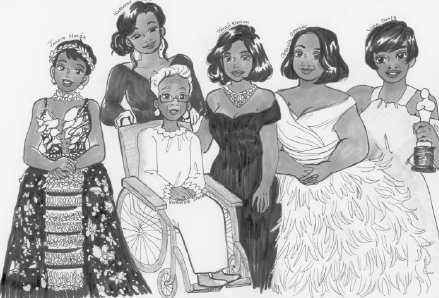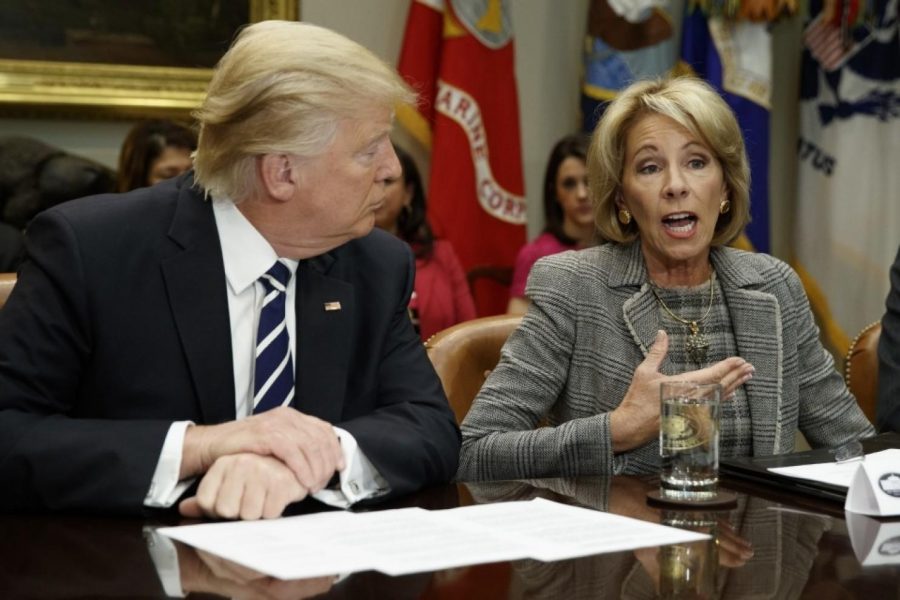By Elizabeth McNamara
Staff Writer

The recent election campaign for Prime Minister Benjamin Netanyahu may have opened up an interesting opportunity for Palestinian leaders.
Leading up to Tuesday’s election in Israel, the prime minister made several contentious statements. At a right-wing rally in Tel Aviv, Netanyahu pledged that there would be “no withdrawals” and “no concessions” in negotiations with Palestine if he were to win another term.
The following day, in an interview with a right-leaning Israeli news site, he stated that establishing a Palestinian state would guarantee more radical Islamist attacks against Israel. When asked if that meant that he would not allow a Palestinian state to be established as long as he was prime minister, Netanyahu replied, “Indeed.”
While the White House and the EU responded with concern, the Palestinians felt that these remarks validated the unilateral approach they had decided to pursue.
Assad Abdul Rahman of the Palestinian Liberation Organization stated that they would continue their “diplomatic intifada.” Rahman expressed that if Netanyahu were open to negotiations and receptive to a two-state solution, they would continue peace talks. But now, he said, “there is no partner for that.”
With Netanyahu’s comments, Palestinians can argue that they no longer have a negotiating partner, bolstering their case for statehood and recognition with the U.N.
In the heat of the campaign, Netanyahu urged Israelis to vote, warning that Arabs were voting “in droves.” The comments, described by some as racist, prompted a response that the White House was deeply concerned by “divisive rhetoric” that intends to marginalize part of the population.
A spokesman for the White House also said that the U.S. would have to re-evaluate their approach to the conflict between Israel and Palestine, including protection of Israel in the U.N. institutions.
European Union Foreign Affairs Chief Federica Moghrini called Netanyahu to congratulate him on election victory, but also to insist that peace talks between Israel and Palestine be resumed in order to work toward a two-state solution.
Two days after the elections, Netanyahu backpedaled on his initial remarks in interviews with international broadcasters. Speaking with NPR, Netanyahu stated that he did not want a one-state solution, but that he was concerned about a “zero-state solution,” in which Israel’s existence would be “jeopardized.”
In an MSNBC interview, Netanyahu insisted that he had not changed his policy, reiterating that he still hopes that Palestine will become a demilitarized state that recognizes Israel. He added, “What has changed is the reality.”
Netanyahu’s comments have taken a toll on the already strained relations between himself and President Obama. In an interview with the Huffington Post, Obama revealed he was not convinced by Netanyahu’s attempt to clarify his policy with Palestine. In his first public comments since Netanyahu’s party won the parliamentary election, Obama said he would take the prime minister at his word when Netanyahu said he would not allow a two-state solution.
Administration officials have said that the U.S. is now considering signing on to a U.N. resolution that supports granting Palestine statehood.














